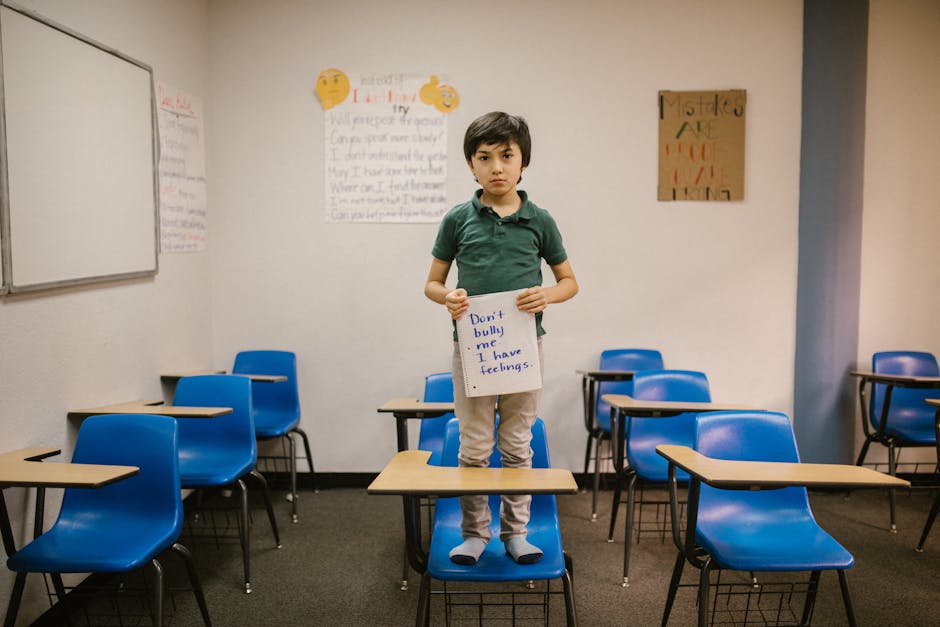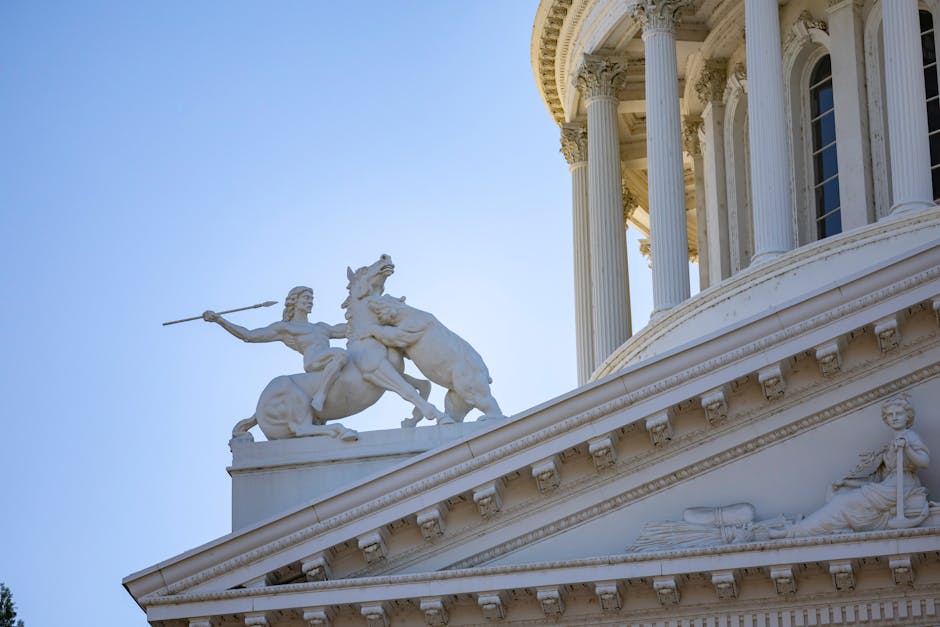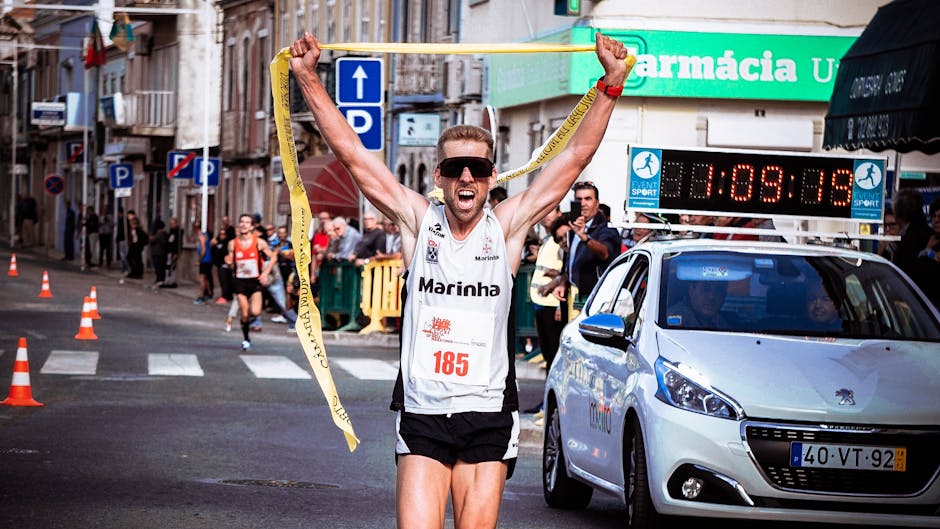Envoy’s Stark Warning: “Indians Are Feeling Unsafe”
New Delhi – In a stark and unusually personal statement, India’s High Commissioner to Canada, Sanjay Kumar Verma, has voiced the growing anxieties of the Indian community, questioning his own security detail as a symptom of a deeper malaise. His pointed question, “Why am I under protection?”, serves as a damning indictment of the security situation many Indians feel they are facing in a country once considered a safe and welcoming destination.
Speaking at a recent event in Montreal, Verma painted a grim picture of a community living under a “climate of fear.” He directly linked the palpable sense of insecurity to a surge in threats and attacks from Khalistani extremist elements operating on Canadian soil.
“Indians are feeling unsafe in Canada,” Verma stated, articulating a sentiment that has been simmering within the diaspora for months. “Many of them are not going to gurdwaras. They are being threatened. Their businesses are being targeted. It is a serious problem, and it cannot be ignored.”
Diplomatic Tensions and Extremist Threats
This is not happening in a vacuum. The backdrop to these alarming comments is the deep freeze in Indo-Canadian relations, which plummeted after Prime Minister Justin Trudeau’s allegations in September regarding a potential Indian link to the killing of Khalistani separatist Hardeep Singh Nijjar.
Since then, pro-Khalistan groups have become increasingly brazen, openly issuing threats against Indian diplomats, plastering posters calling for violence, and intimidating members of the Indian community who do not subscribe to their separatist agenda. High Commissioner Verma’s statement moves the conversation beyond diplomatic tit-for-tat and into the realm of real-world consequences for ordinary people.
From Students to Diplomats: A Widespread Concern
When a nation’s top envoy doesn’t feel safe, it sends a chilling message to the citizens he represents. Verma implied his personal security is not a privilege but a necessity born out of a credible threat—a reality that raises serious concerns for Canadian authorities.
This concern extends to the burgeoning population of Indian students, who now form the largest international student cohort in Canada. Lured by the promise of world-class education, they now find themselves caught in the crossfire of a political conflict. Reports of intimidation on university campuses and social media are on the rise, leaving students and their families back in India worried for their safety.
A Call for Action Beyond “Freedom of Expression”
For years, Canada has defended its inaction against such extremist rhetoric under the banner of “freedom of expression.” However, New Delhi has consistently argued that this freedom cannot be a license to incite violence or threaten the diplomatic representatives of a friendly nation. Verma’s comments underscore this point: when free speech metastasizes into direct threats and a pervasive sense of fear, a line has been crossed.
The Indian government’s message, delivered through its High Commissioner, is clear. The onus is on Ottawa to act decisively to dismantle the ecosystem of hate that threatens not only the well-being of the Indian diaspora but also the fundamental social fabric of Canada itself. The question, “Why am I under protection?” hangs heavy in the air, demanding a response of concrete action to restore security for the hundreds of thousands of Indians who call Canada home.




